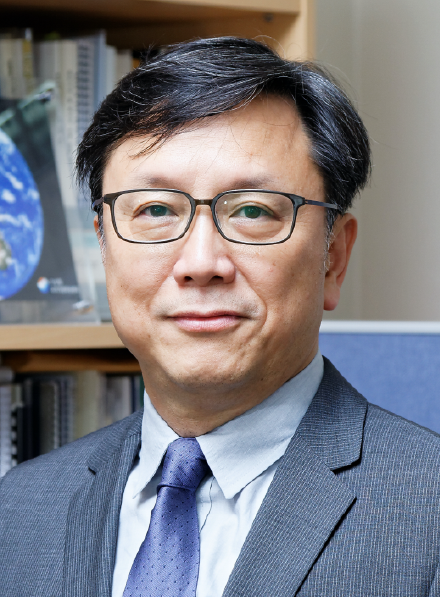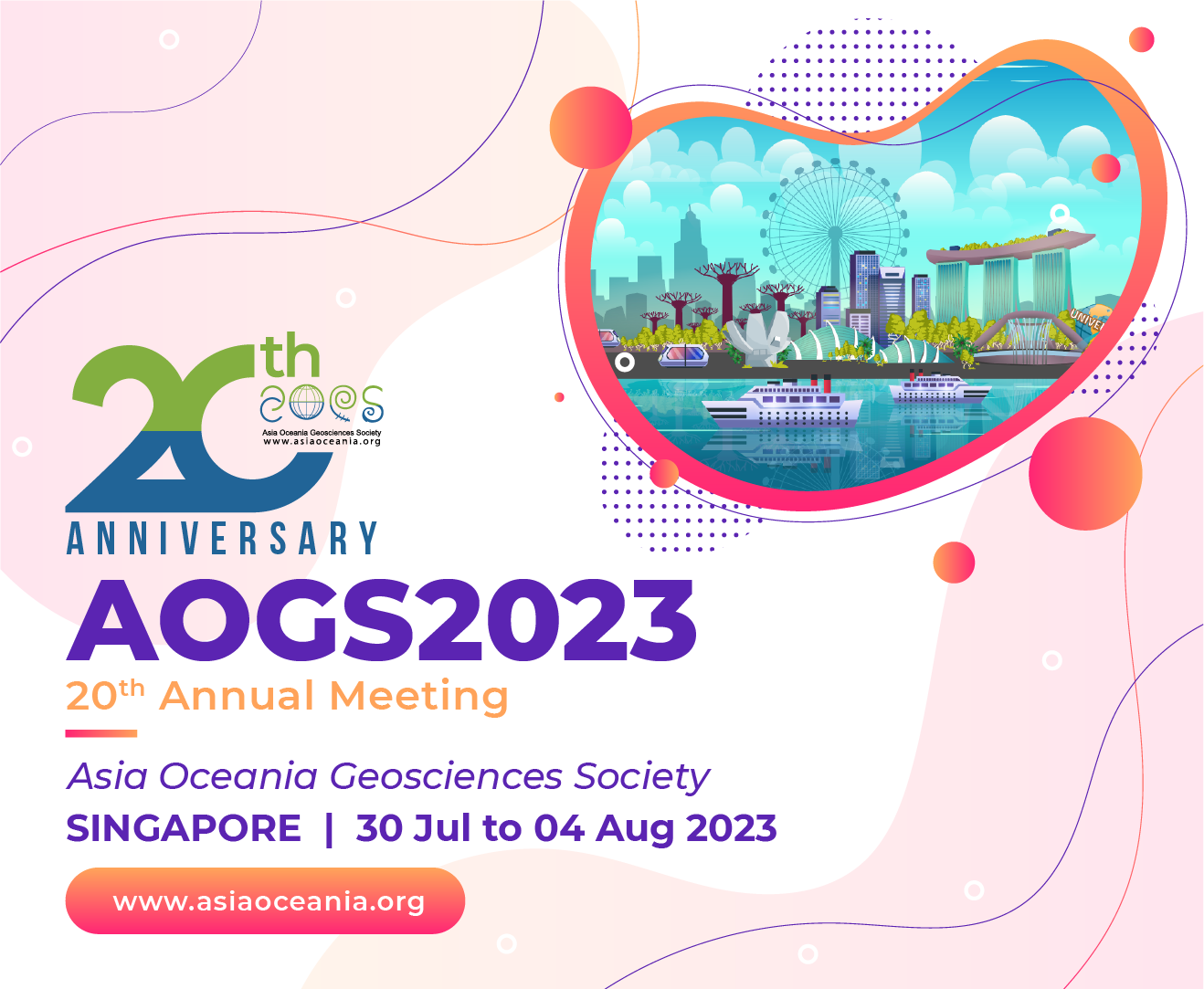

Jhoon KIM
GEMS Principal Investigator
Professor of Atmospheric Science
Yonsei University
Jhoon Kim, Yonsei Lee Youn Jae Fellow Professor of atmospheric science, has worked on remote sensing of aerosol and trace gases including air pollutants and greenhouse gases. Before joining Yonsei University, Jhoon served as a Principal Researcher at the Korea Aerospace Research Institute. He has authored over 230 articles with patents.He is a P.I. of GEMS, the first satellite instrument for air quality monitoring from GEO at unprecedented spatio-temporal resolution. In addition to physical retrieval algorithm, he also worked for machine learning to convert column to surface concentrations and data fusion for better accuracy based on big data science.
He is a member of Committee on Earth Observing Satellites AC-VC, to establish coordinated GEO constellation for global air quality observation. He is also a member of WMO GURME Science Advisory Group, and WHO Global Platform for Air Quality and Health. He served as the Director to establish Particulate Matter Research Institute at Samsung Advanced Institute of Technology (SAIT). He serves as a guest editor for Atmospheric Measurement Technique and Environmental Research Letter. He is a fellow of the Korean Academy of Science and Technology.
He received a B.S. in atmospheric sciences from Seoul National University, and a Ph.D. in atmospheric and space sciences from the University of Michigan, Ann Arbor, USA.
Special Session 01: Space Agency Perspectives on the Remote Sensing of the Earth
02 August (Wednesday) | 10:20am – 12:20pm │MR335
Space-borne Atmospheric Environment Monitoring Program of Korea: GEMS and Beyond
Korea Aerospace Research Institute (KARI) has led space program of Korea, which includes Communication, Oceanography, and Meteorological Satellite (COMS) onboard the Geostationary Korea Multi-Purpose Satellite (Geo-KOMPSAT-1, or GK-1) launched in June 2010. For the air quality observation, aerosol optical properties have been retrieved using Meteorological Instrument(MI) and Geostationary Ocean Color Imager (GOCI) since 2011. In February 2020, KARI and National Institute of Environmental Research (NIER) launched the Geostationary Environment Monitoring Spectrometer (GEMS) along with the Geostationary Ocean Color Imager 2 (GOCI-II) onboard the GK-2B in February 2020, while Advanced Meteorological Imager (AMI) is onboard the GK-2A, a twin satellite platform. GEMS, the first ultraviolet-visible instrument for air quality observation from geostationary Earth orbit (GEO), was joint-developed by the KARI with the Ball Aerospace Technologies & Corporation from 2013. After launching the GEMS, KARI also developed the aircraft-based hyperspectral imager named Environmental Monitoring Spectrometer for Aircraft Platform (EMSA) to monitor air quality with higher spatial resolution and a comparable spectral performance with the GEMS. NIER together with UNESCAP and KOICA have deployed Pandora instruments over the GEMS coverage through Pandora Asia Network (PAN) for data distribution and validation. Intensive field campaigns have been also conducted which includes KORUS-AQ in 2016, GMAP/SIJAQ in 2021/2022, and planned ASIA-AQ in 2023. In addition to the GEMS and EMSA, space- and air-borne monitoring activities of the air quality is presented.
